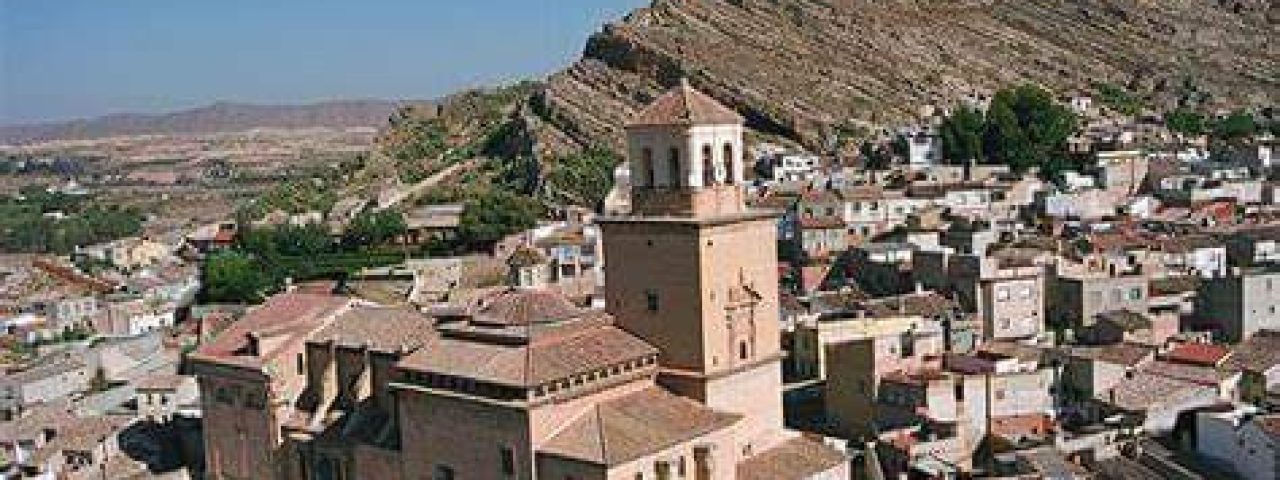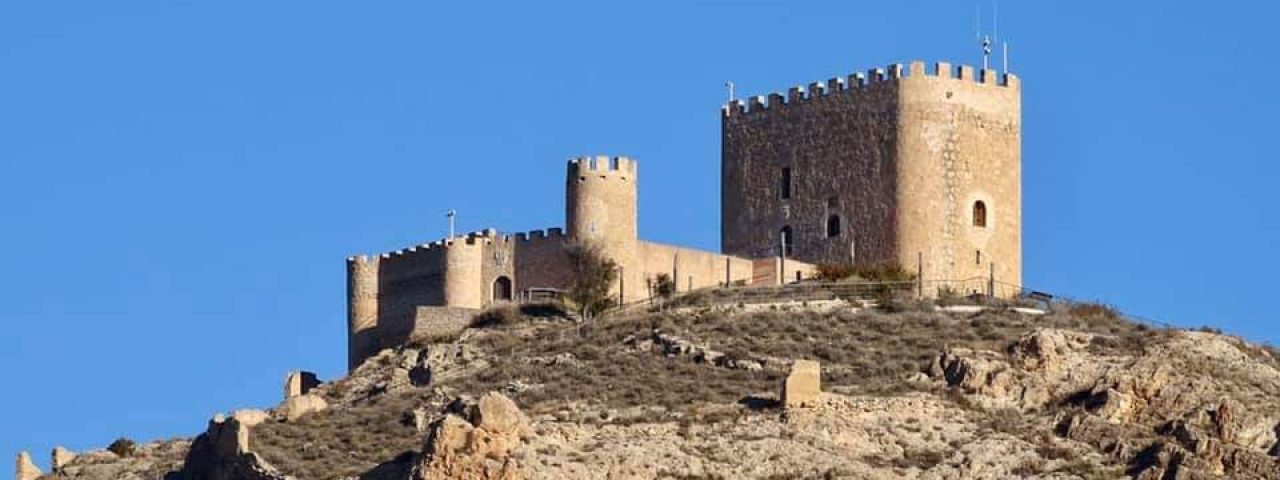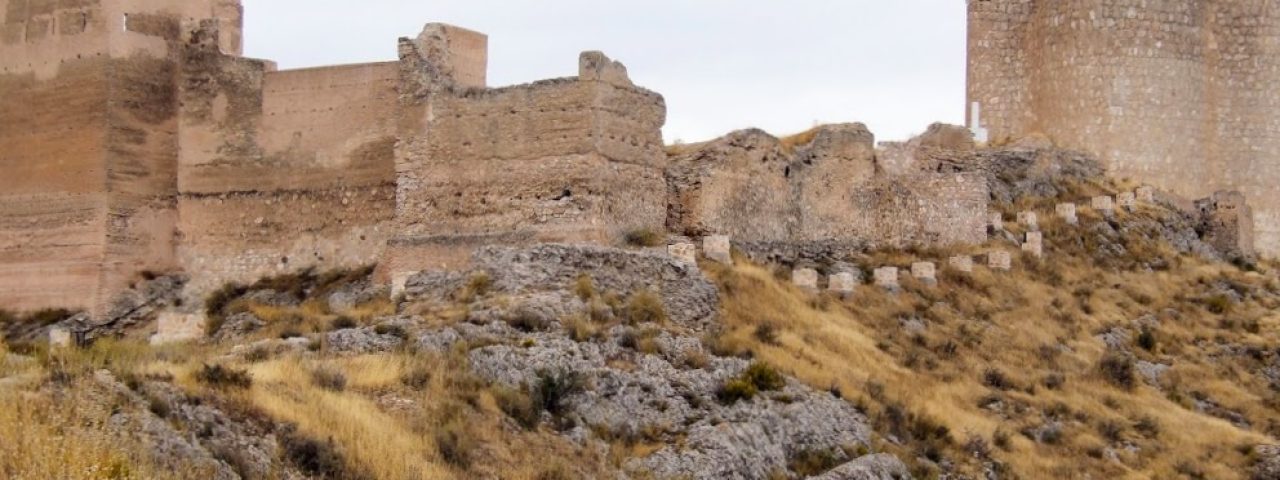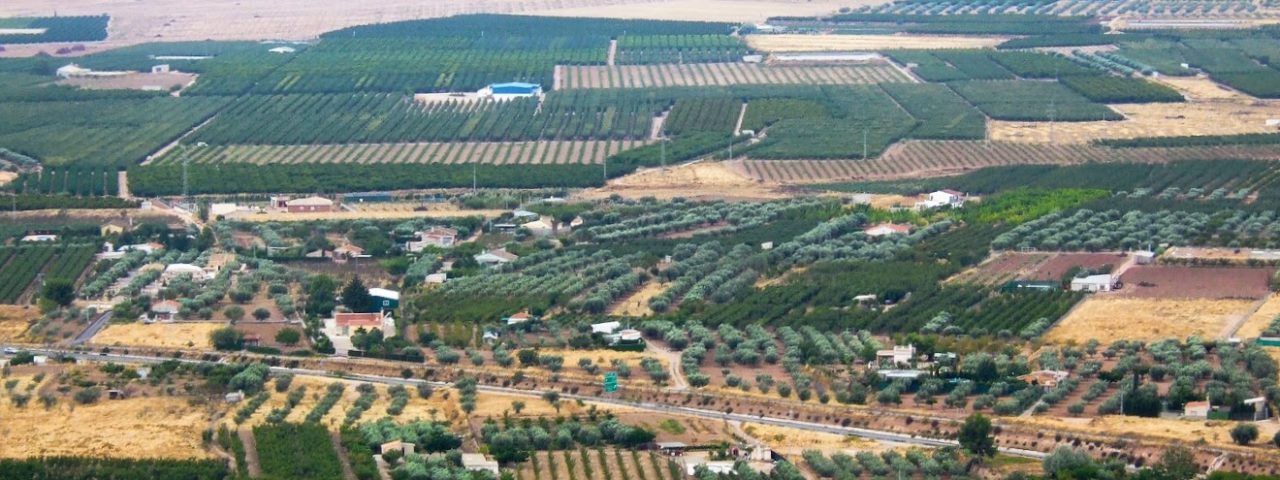Jumilla has a rich historical tapestry that spans centuries, with significant Roman, Moorish, and Christian influences shaping its cultural landscape. The city’s origins trace back to the Roman era, and many archaeological sites reveal the significance of Jumilla in ancient times. During the Middle Ages, Jumilla was under Moorish control until it was recaptured by Christian forces in the 13th century, marking a pivotal moment in the city’s history.
One of the most significant cultural events in Jumilla is the annual Fiestas de la Vendimia (Wine Harvest Festival), celebrated in August. This vibrant festival brings together the community in a grand celebration of the local wine industry, with parades, music, and traditional customs. Another notable event is Semana Santa (Holy Week), where solemn religious processions fill the streets, offering visitors a chance to witness centuries-old traditions.
The city also boasts numerous historical landmarks, including the 15th-century Castillo de Jumilla, which overlooks the town from its hilltop position, and the Church of Santiago, a beautiful Gothic-Mudejar style church that serves as a symbol of the city’s religious heritage. Jumilla’s history and cultural richness are evident in its festivals, architecture, and the pride of its people.












